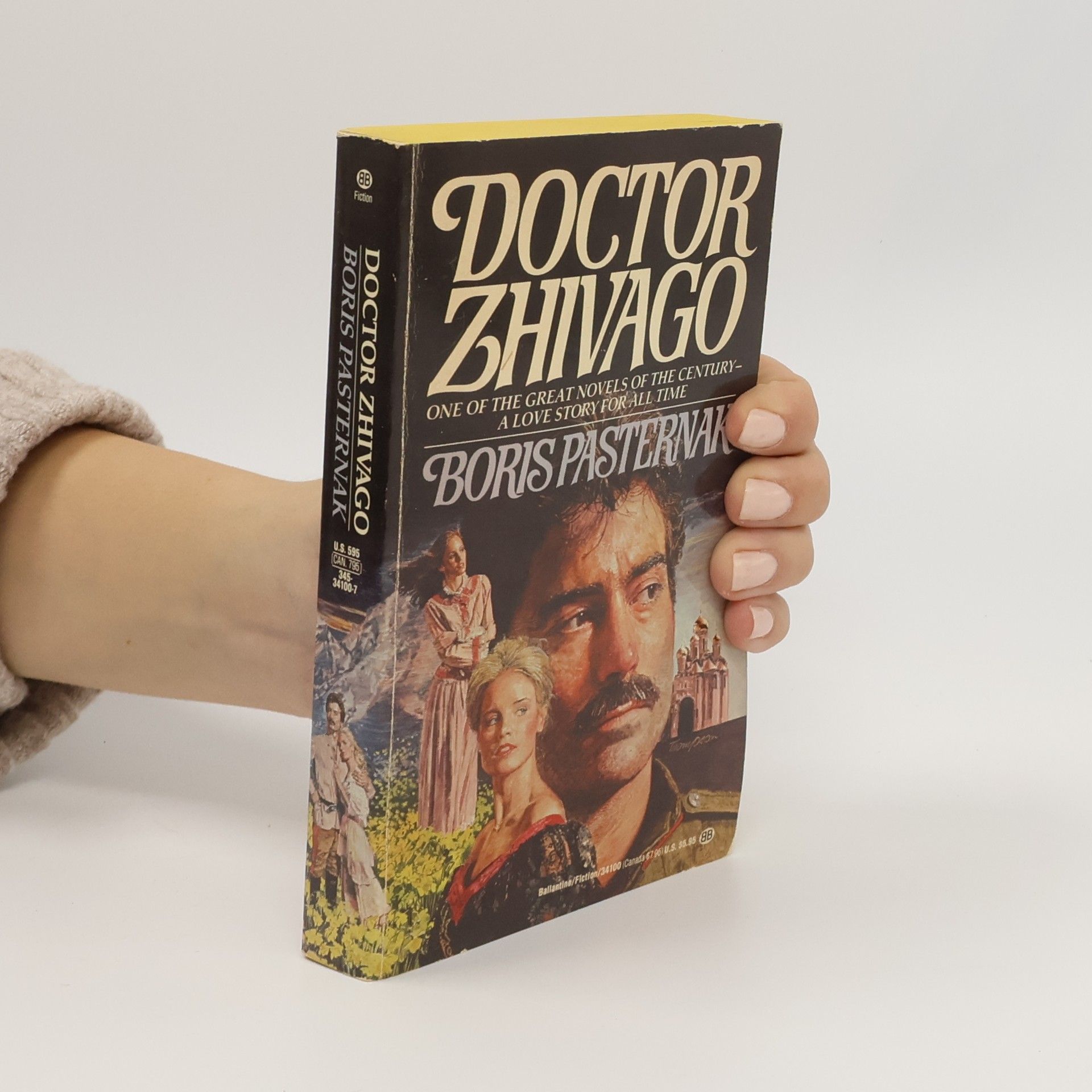This centenary edition features a new Introduction by Robert Shaughnessy that places Bradley's work in the critical, intellectual and cultural context of its time. Shaughnessy summarises the content and argumentative thrust of the book, outlines the critical debates and counter-arguments that have followed in the wake of its publication and, most importantly, prompts readers to engage with Bradley's work itself. Book jacket.
John Bayley Books
John Bayley was a distinguished British literary critic and novelist whose work is celebrated for its sharp insights into literature. His writings delve deeply into textual analysis and authorial intent, skillfully blending academic rigor with an accessible prose style. Through his critical essays and novels, Bayley reveals a profound understanding of literary traditions and the complexities of the human psyche. His intellectual breadth and sensitive approach cemented his reputation as a significant voice in British literary discourse.






The Portable Tolstoy
- 888 pages
- 32 hours of reading
The greatest of Russian novelists believed that "whatever the artist depicts - saints, robbers, kings, or lackeys - we seek and see only the artist's own soul". The soul that shines through the work of Leo Nikolayevich Tolstoy (1828-1910) is a vast and contradictory thing. It generates the narrative floodtides of War and Peace and Anna Karenina and short stories so intimate that we seem to inhabit their characters rather than just observe them. Tolstoy's soul is that of a consummate artist who despises artfulness and seeks to approximate the disorder of life, of a sensualist who aspires to sainthood, of an aristocrat who identifies fiercely with the small and humble.All the aspects of Tolstoy's work and character are on display in this masterful anthology. The Portable Tolstoy includes a complete short novel, The Kreutzer Sonata; passages from the author's fictional memoirs of his childhood, youth and military life; excerpts from The Cossacks; The short stories "The Wood-Felling,""Master and Man," and "How Much Land Does a Man Need?"; the play "The Power of Darkness"; selections from such philosophic, social and critical writings as "A Confession" and "What Is Art?"; and a chronology, bibliography and critical introduction by the renowned scholar John Bayley. The result is a splendid and authoritative volume of work by a writer whose moral vision, narrative powers, and stylistic range all but defy containment.
Iris Murdoch, who died in 1999, was the author of 26 novels, including The Bell, A Fairly Honourable Defeat, The Black Prince, and the Booker Prize-winning The Sea, The Sea. In The Saint and the Artist, now fully revised and updated, distinguished literary critic Peter J. Conradi offers a lively and valuable critical appreciation of her works of fiction. He traces the way in which the zest and buoyant high spirits of her early novels gave way to a more deeply and darkly comic achievement in the novels of the 1970s. Conradi, who knew Murdoch well, suggests how her own life, wonderfully transmuted into high art, provided the raw material for her novels; he also argues that they should be read as serious entertainments and as important fictions in the Anglo-Russian tradition, and not as disguised philosophy. Peter J. Conradi is the author of the highly acclaimed biography Iris Murdoch: A Life.
In this frank memoir, John Bayley describes the life he has shared with his wife, Iris Murdoch, afflicted with Alzheimer's disease. He explains how he has coped emotionally and practically with the illness that has beset the woman he loves and cherishes.
It is the story of Zhivago, poet and physician, and his struggle to keep his family alive in the midst of the overwhelming chaos of the Russian Revolution. And, it is about Zhivago's love for the beautiful Lara, the woman he pursues beyond all reason, the human symbol of life's sweetness and joy....
Iris and the Friends. A Year of Memories
- 288 pages
- 11 hours of reading
After more than three years suffering from Alzheimer's disease, the novelist and philosopher Iris Murdoch died in January 1999. Earlier that month she was taken to a home for the terminally ill, and she remained radiant and calm for the last weeks of her life. The last year or so of Iris Murdoch's life provides the framework for this book, but within this structure, John Bayley returns repeatedly to memories of his own earlier life, and of more than 40 years of marriage to Iris. Alzheimer's is a lonely predicament for the carer, and Bayley describes how he coped with the ordeal of watching his wife become terminally ill by forming a growing dependency on memory as a stand-by, consolation and friend.
The Characters of Love: a Study in the Literature of Personality
- 312 pages
- 11 hours of reading
Marriage as it is and as it Should be
- 180 pages
- 7 hours of reading
The book offers a reprint of a classic work originally published in 1857, preserving its historical significance and literary value. It provides readers with an opportunity to explore themes and ideas from the past, reflecting the cultural and societal norms of the time. This edition aims to maintain the integrity of the original text while making it accessible to contemporary audiences, inviting them to engage with its enduring relevance and impact on literature and thought.
Shakespeare and Tragedy
- 236 pages
- 9 hours of reading
Focusing on the interplay between character and form, John Bayley analyzes the Roman plays "Troilus and Cressida" and "Timon of Athens," alongside Shakespeare's four major tragedies. He explores how the effectiveness of Shakespeare's tragic narratives relies on the tension between the roles of characters and their contexts, offering insights into the complexities of his dramatic techniques. This examination reveals the intricate layers that contribute to the emotional impact of Shakespeare's work.
Exploring the vibrant cultural and artistic landscape of Italy from the thirteenth to the sixteenth century, this work captures the essence of the Renaissance period and its eventual decline. The author draws from a rich collection of experiences and observations gathered during extended travels across Italy, offering insights into the era's transformative art, architecture, and societal changes. The narrative presents a unique perspective on the interplay between flourishing creativity and the onset of decadence in this pivotal historical period.
